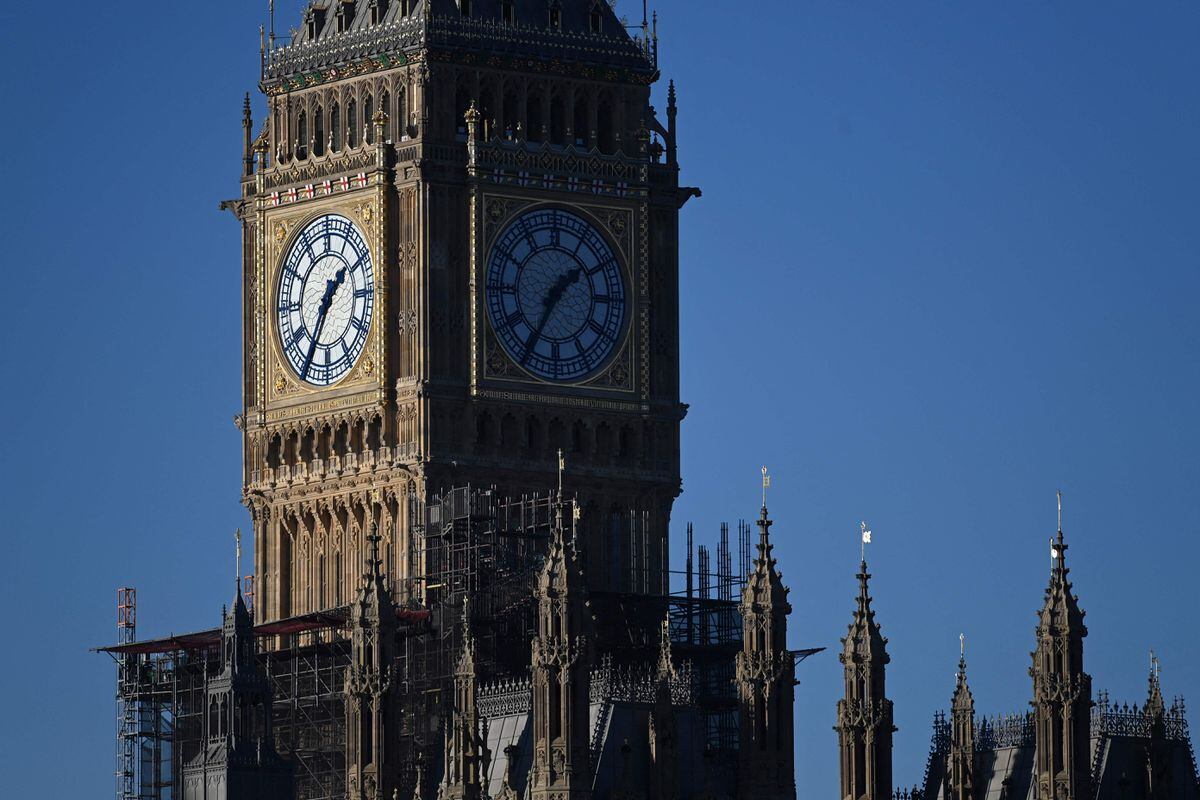British parliamentary democracy has been able to survive the most tumultuous stages in contemporary European history without breaking its continuity. Its system of government has given it flexibility that other countries more trapped in their legal frameworks and constitutional rigidities lack. Therefore, when the eccentricity, megalomania, or unpopularity of a politician or public figure starts to become a problem, the system does not hesitate to let go and move on to another phase. In the case of Boris Johnson, the Ides of March is in sight. In the case of Prince Andrew, who was mired in a gruesome trial in which he was accused of sexually abusing minors, Elizabeth II has made clear in recent hours that the main purpose of the House of Windsor is to ensure her own survival, no matter who falls.
The conservative politician has become the most popular in recent decades, but with his behavior he has managed to depress all institutions at home and abroad. He forced the intervention of the Supreme Court when he unilaterally imposed a shutdown of parliamentary activity to carry out his Brexit plans. The judges themselves had to create legal savvy to preserve the queen, whom Johnson was complicit in abusing. He then provoked a mutiny in the House of Commons assembly, when he wanted to change the law to save corrupt MP – Owen Paterson – and, incidentally, protect himself from future investigations. This has been able to open an unprecedented emotional and political rift between the UK and the EU. It’s not the Brexit divorce, but the deceit, half-truths and intimidation with which London has managed the development of an agreed-upon separation that has caused a gap that will take at least a generation to mend. Finally, the Downing Street banquet scandal, while the British were in confinement that didn’t even allow them to say goodbye to their loved ones, had broken Johnson’s spell. Conservative lawmakers have received countless letters from their voters with expressions of anger, frustration and disappointment. Politicians who guarantee election victory with their charisma and friendliness have become a problem that sooner or later they must get rid of.
The urgency that destroyed Buckingham Palace was different, though equal or more serious. Isabel II today maintains unwavering popularity and citizens and institutions will turn to 2022 to celebrate her Platinum Jubilee, 70 years of the longest reign in history. But the future of the institution is not guaranteed, unless a new generation stamps out the abuse of recent years and once again demonstrates its usefulness. That is why William of England, second in line of succession, was decisive in imposing strict social and public ostracism on his uncle Andrés.

“Problem solver. Proud twitter specialist. Travel aficionado. Introvert. Coffee trailblazer. Professional zombie ninja. Extreme gamer.”






